Acclaimed author Elsa Joubert has died at the age of ninety-seven.
Joubert’s son, Nico Steytler, has confirmed that his mother died at the Mediclinic Cape Town on Sunday of Covid-19 related causes.
Tragically, Joubert was unable to spend the last few weeks with her family due to lockdown restrictions.
In May, the author wrote an open letter, published on Netwerk24, pleading for elderly people living in care homes to be able to see their relatives. ‘We are in the last months and weeks of our lives,’ she wrote. ‘And we who live in homes or institutions, however wonderful, are totally cut off from our family members.
‘I’m suffering. Telephone calls, videos, Skype and much more help, but it’s not enough. It’s not the same.’
Joubert fell ill on 3 June, and her diagnosis of Covid-19 was confirmed on Saturday 6 June. Her son Steytler confirmed to Die Burger that he was able to visit her twice before she died, and is now in self-isolation, exhibiting no symptoms himself.
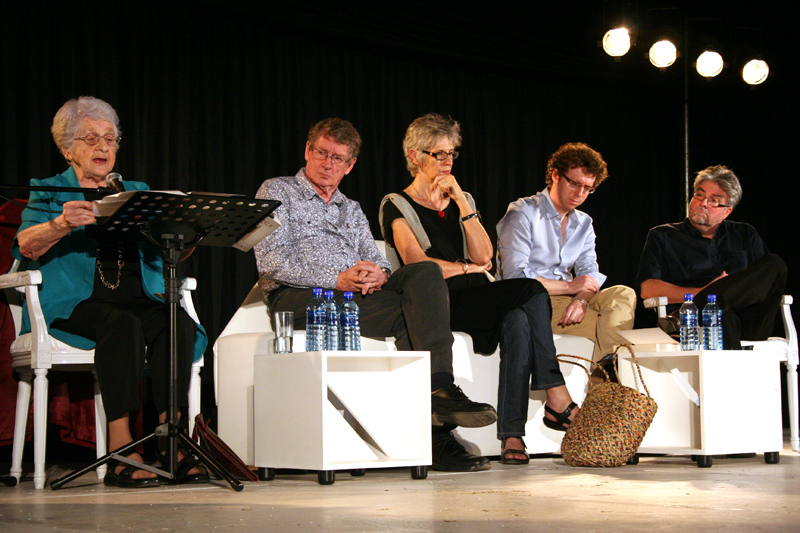
Joubert received just about every prize for Afrikaans writing available, some more than once, but is perhaps best known for her 1978 novel Die swerfjare van Poppie Nongena, translated into English by Joubert herself as The Long Journey of Poppie Nongena.
The book tells the story of an Afrikaans-speaking Xhosa woman, who tries to keep her family together by navigating the day-to-day struggle against the inhumane pass laws of the apartheid government.
The novel was reprinted three times in its first six months of publication, and won three literary awards, the Luyt, Hofmeyr and CNA prizes, within a week of each other. It was serialised in magazines and newspapers, and became a major point of discussion. The English edition, published in 1980, was reprinted three times within its first four months of release. By the end of 1982 the novel had seen six impressions in Afrikaans, a hardback and paperback edition in English, and translations into French, Spanish and German. It was reviewed extensively around the world (a selection of reviews can be seen here). The book has since been translated into thirteen languages and won multiple awards worldwide. In 2002, it was included on Ali Mazrui’s famous list of Africa’s 100 Best Books of the 20th Century.
Die swerfjare van Poppie Nongena was adapted into a stage play and performed between 1982 and 1984 in various cities and countries, including New York, the Edinburgh Festival, London, San Francisco, Australia and Canada. It was awarded the Olivier Acting Award in London’s West Wend, as well as the Obi Award for best script in the Off Broadway Theatre in New York. A film adaptation, Poppie Nongena, debuted at the Silwerskerm Film Festival in Camps Bay, South Africa, in 2019, winning twelve festival awards.
In his 1983 book Writing in a State of Siege: Essays on Politics and Religion, André Brink wrote:
Elsa Joubert, who has been profoundly fascinated by Africa since her earliest work, caused a furore in Afrikaner circles with her Poppie Nongena, the heartrendingly sincere account of a simple black woman’s efforts to find a place she can call her own: it would not be an overstatement to say that, in this fictionalised biography, Elsa Joubert has done for Afrikaners what Paton’s Cry the Beloved Country did for white readers three decades earlier. Works like these prove that the cultural schizophrenia experienced by the Sestigers who, in their early work, could not reconcile their cosmopolitan outlook with the laager mentality of Afrikanerdom, finally resolved the conflicts within themselves by ‘coming home’ to Africa in the fullest sense of the word.
Online source: diesestigers.wordpress.com
Eloise Wessels, head of Joubert’s publisher NB Publishers, said: ‘Elsa Joubert was a pioneer, she was ahead of her time. She successfully reached her own people with her political message—something other Afrikaans writers have avoided. Apart from the cultural and political dimensions of her oeuvre, her work was always characterised by a powerful human element; in her own words: The farthest journey is from man to man, through the heart.’
Joubert was born Elsabé Antoinette Murray Joubert (married surname Steytler) on 19 October 1922 in Paarl in the Western Cape. She completed school in 1939 at La Rochelle Girls’ High in Paarl, and earned a BA and Higher Education Diploma from Stellenbosch University. In 1945 she completed a Masters degree at the University of Cape Town.
After graduating, Joubert taught at the Hoër Meisieskool, an all-girls high school in Cradock, before becoming the women’s editor of Die Huisgenoot from 1946 to 1948. She then started writing full time, and travelled extensively, including a solo trip through Africa to the Nile. Her first travel book, Water en woestyn, was published in 1957, chronicling her experiences in Egypt and Uganda.
Early on in her writing career, Joubert turned away from mainstream Afrikaans writing and allied herself with Die Sestigers, the emerging Afrikaner literary dissident movement started by André Brink and Breyten Breytenbach.
Joubert’s novels, short stories, travelogues and plays, and the prizes she won for them, are too numerous to list. Her debut novel, Ons wag op die kaptein, was published in 1963, winning the Eugène Marais prize. Die Reise van Isobelle, published in 1995, was awarded the WA Hofmeyer Prize and the Hertzog Prize, probably the most prestigious award for Afrikaans writing. Her autobiography, Reisiger, was published in 2009, winning the University of Johannesburg Prize, the Recht Malan Prize and the Louis Hiemstra Prize.
In 1981 the British Royal Society of Literature awarded Joubert the Winifred Holtby Prize, and she was made a fellow of the society. Her life’s work has been acknowledged with honorary doctorates from the Universities of Stellenbosch (2001) and Pretoria (2007). In 2004 she was awarded the civil honour the Order of Ikhamanga.
Her most recent book, Spertyd (‘Deadline’), the final volume in her autobiographical trilogy, was published in 2017.
Joubert was married to the late journalist and writer Klaas Steytler, who passed away in 1998. She is survived by two daughters and a son, and her grandchildren and great-grandchildren.


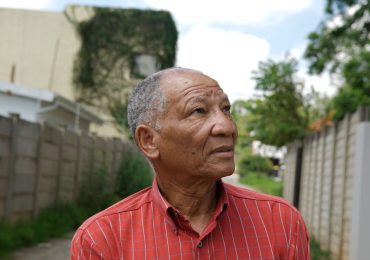
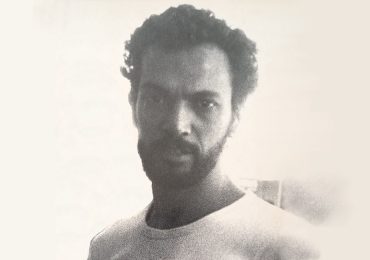
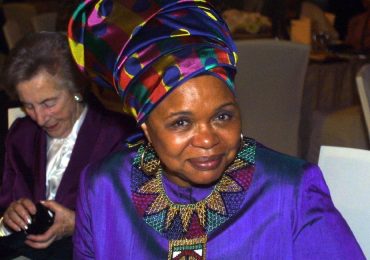
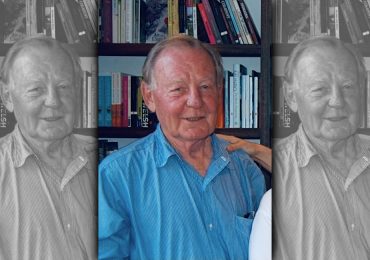
32 thoughts on “Elsa Joubert, 1922—2020, RIP”